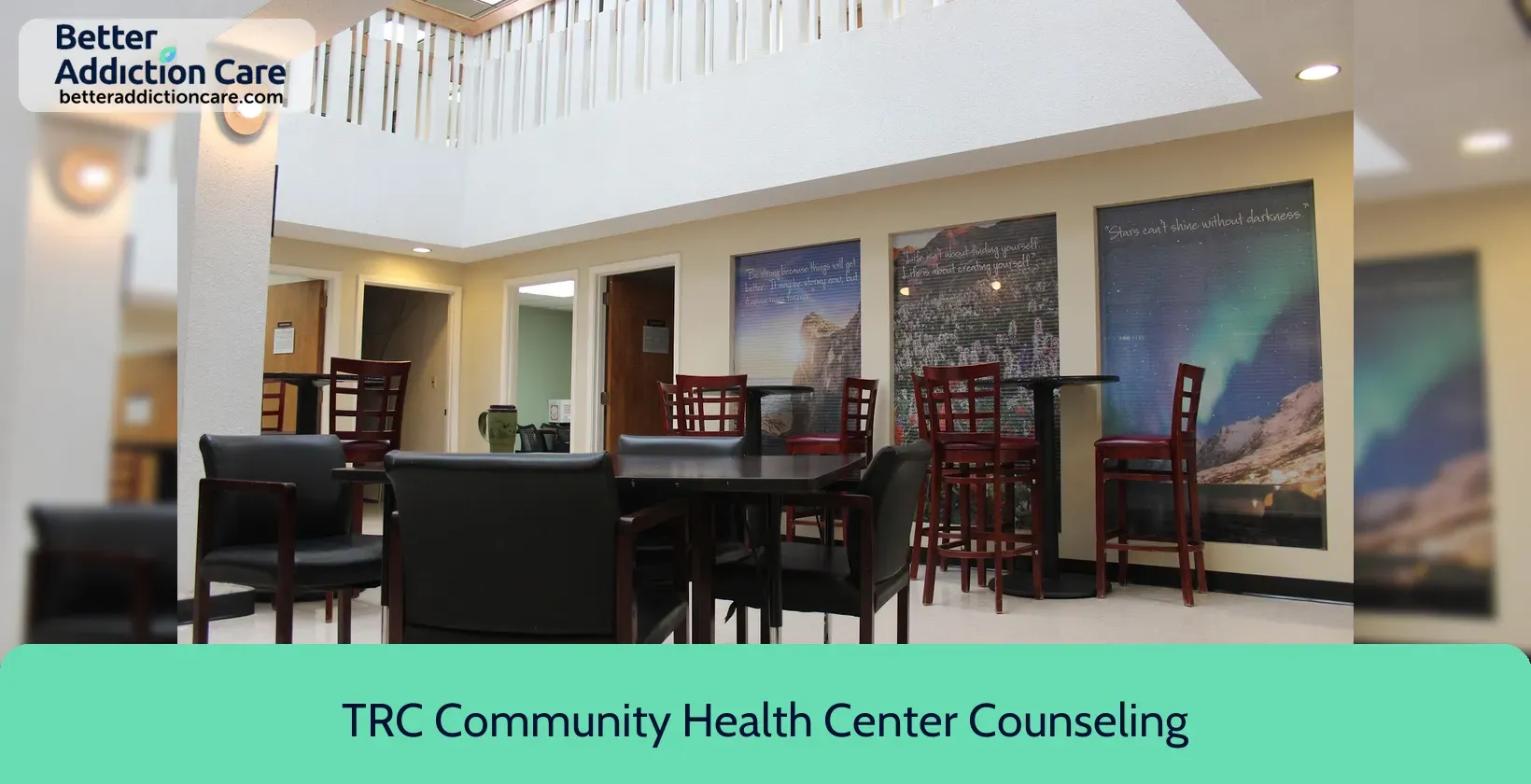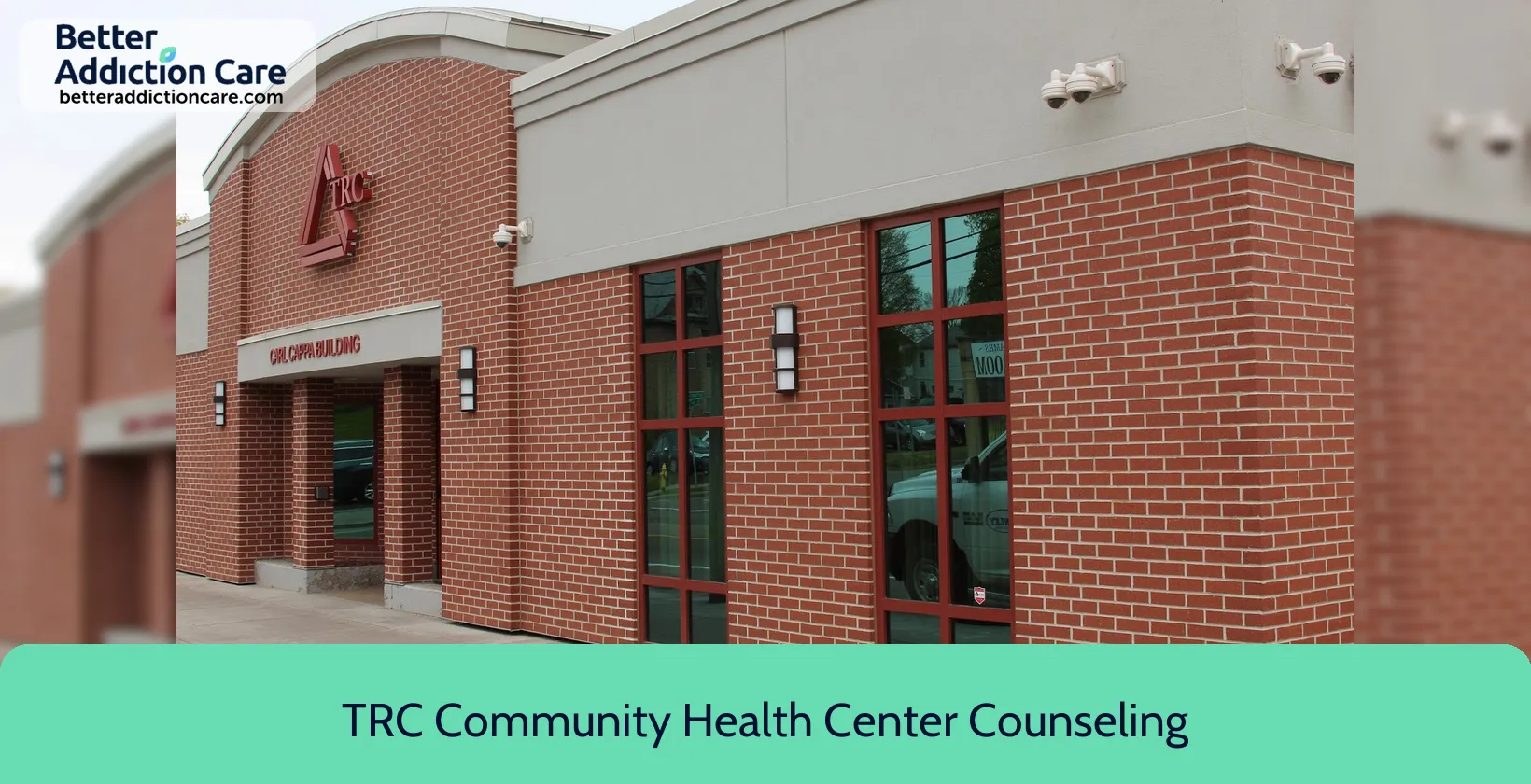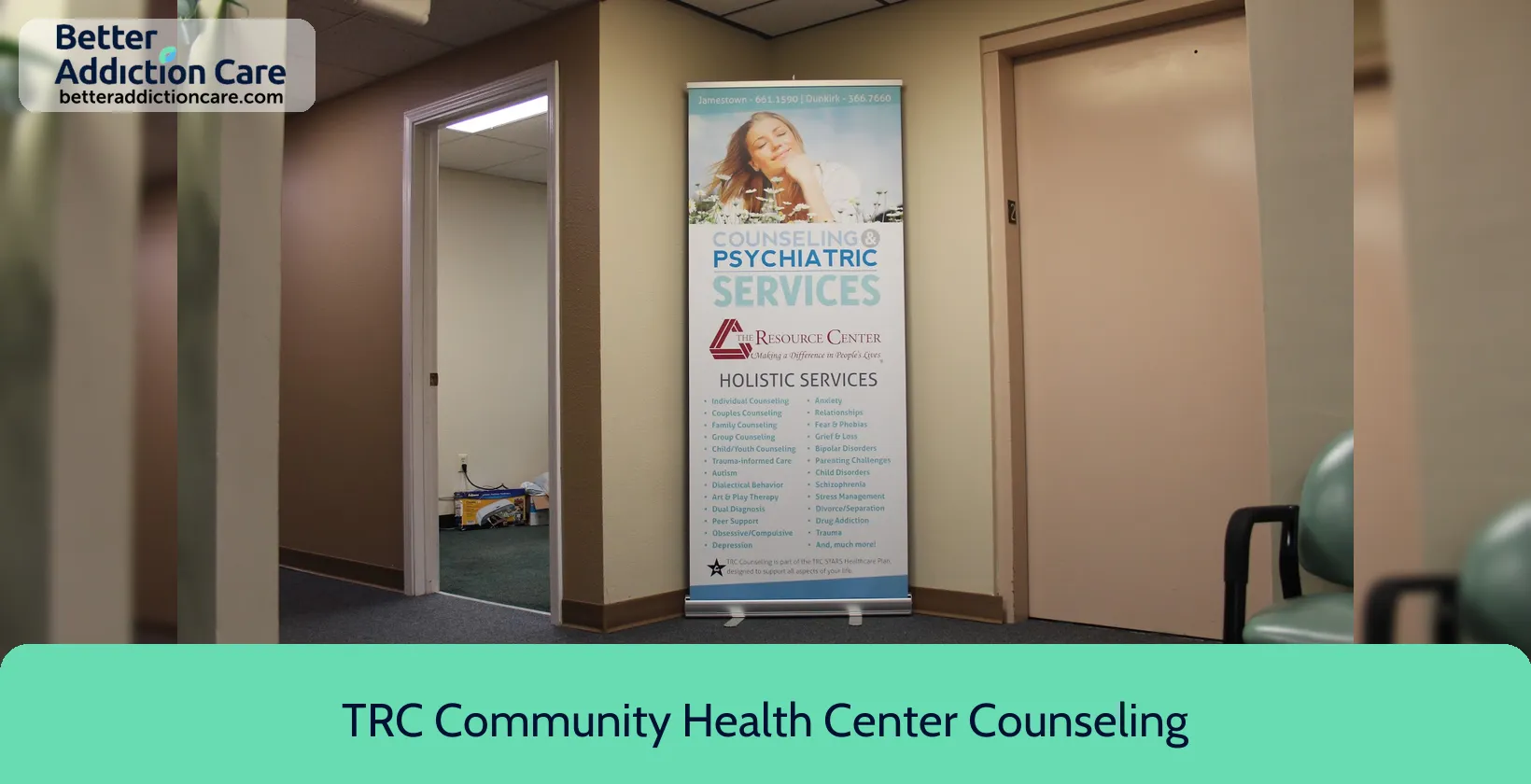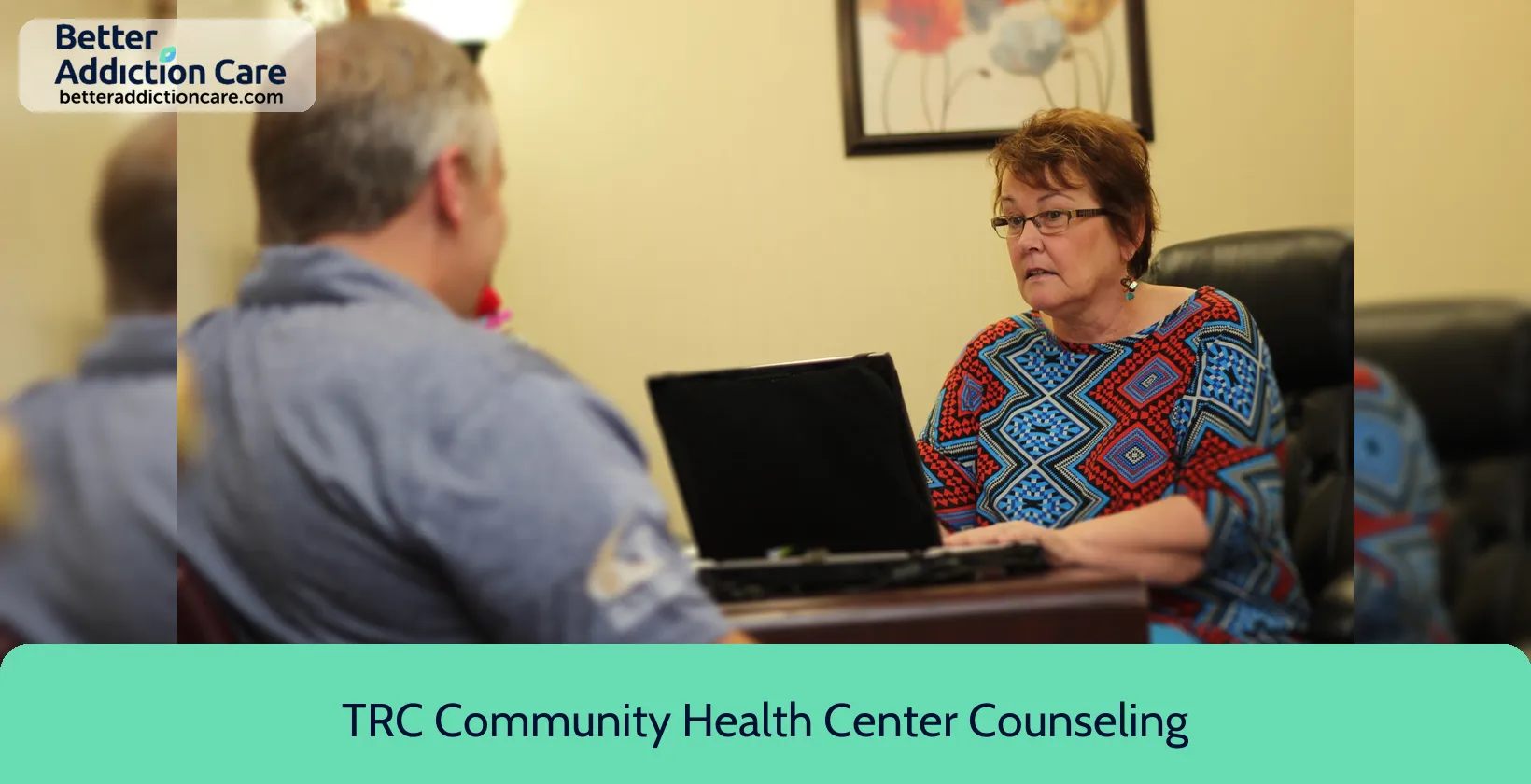Overview
TRC Community Health Center Counseling & Psychiatric Services is a mental health treatment center for people seeking treatment near Chautauqua County. As part of their treatment modalities for recovery, TRC Community Health Center Counseling & Psychiatric Services provides couples/family therapy, group counseling, and cognitive behavioral therapy during treatment. TRC Community Health Center Counseling & Psychiatric Services is located in Jamestown, New York, accepting cash or self-payment for treatment.
TRC Community Health Center Counseling & Psychiatric Services at a Glance
Payment Options
- Cash or self-payment
- Medicaid
- Medicare
- State-financed health insurance plan other than Medicaid
- Private health insurance
Assessments
- Screening for tobacco use
- Comprehensive mental health assessment
- Comprehensive substance use assessment
Age Groups
- Children/adolescents
- Young adults
- Adults
- Seniors
Ancillary Services
- Case management service
- Court-ordered outpatient treatment
- Diet and exercise counseling
- Education services
- Family psychoeducation
Highlights About TRC Community Health Center Counseling & Psychiatric Services
6.81/10
With an overall rating of 6.81/10, this facility has following balanced range of services. Alcohol Rehabilitation: 8.00/10, Drug Rehab and Detox: 6.00/10, Insurance and Payments: 6.27/10, Treatment Options: 6.97/10.-
Alcohol Rehabilitation 8.00
-
Treatment Options 6.97
-
Insurance and Payments 6.27
-
Drug Rehab and Detox 6.00
Treatment At TRC Community Health Center Counseling & Psychiatric Services
Treatment Conditions
- Alcoholism
- Mental health treatment
- Substance use treatment
- Co-occurring Disorders
Care Levels
- Outpatient
Treatment Modalities
- Couples/family therapy
- Group counseling
- Cognitive behavioral therapy
- Dialectical behavior therapy
- Integrated Mental and Substance Use Disorder treatment
Ancillary Services
Special Programs
- Clients with co-occurring mental and substance use disorders
- Persons 18 and older with serious mental illness (SMI)
Contact Information
Read our Most Recent Article About Drug Addiction
DISCLAIMER: The facility name, logo and brand are the property and registered trademarks of TRC Community Health Center Counseling & Psychiatric Services, and are being used for identification and informational purposes only. Use of these names, logos and brands shall not imply endorsement. BetterAddictionCare.com is not affiliated with or sponsored by TRC Community Health Center Counseling & Psychiatric Services.












